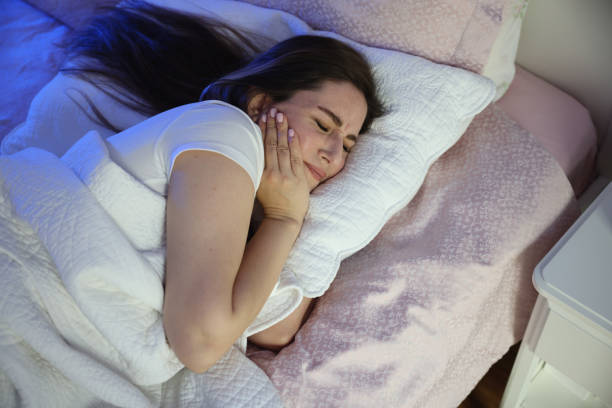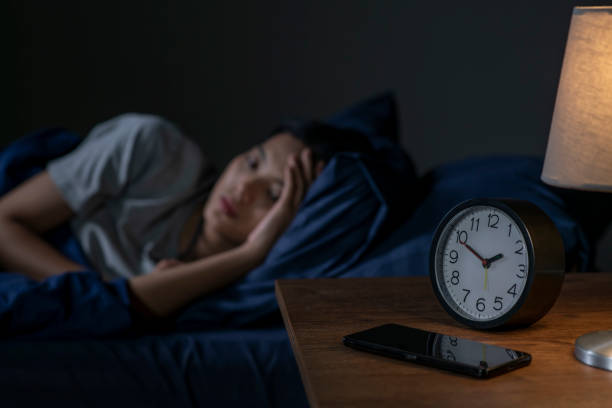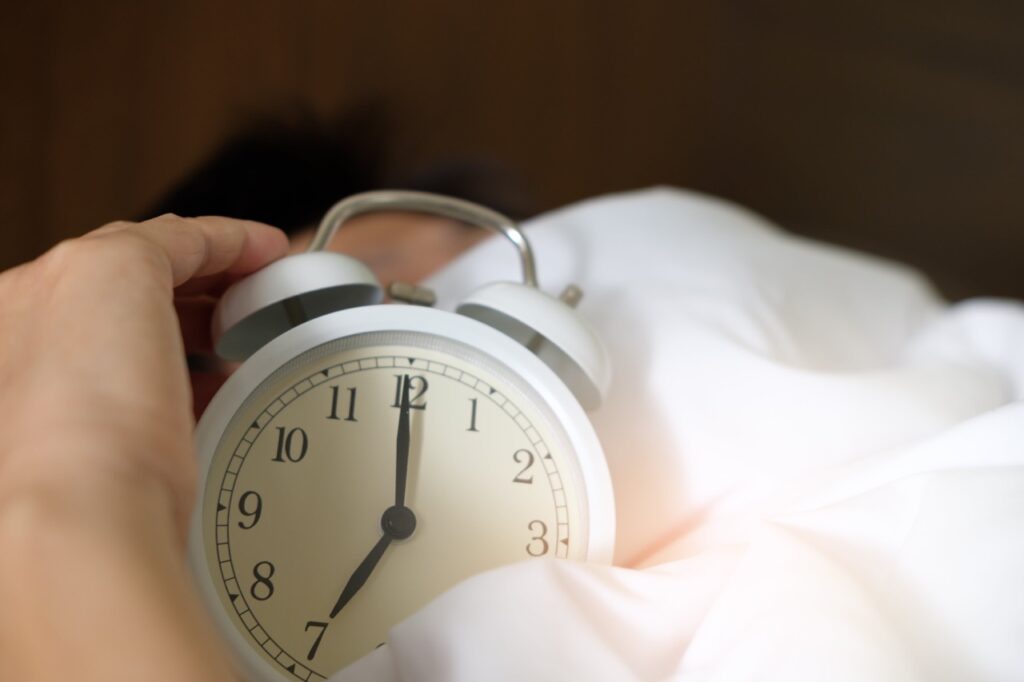Research
Why Is Sleep Hygiene Important
Sleep often takes a back seat in our priorities in today’s fast-paced society. We stay up late, addicted to our screens, oblivious to our bodies’ need for sleep. The significance of sleep hygiene, on the other hand, cannot be emphasized. Sleep hygiene is a collection of actions that support good sleeping habits. These behaviors, which range from developing a consistent nighttime routine to creating a sleep-friendly atmosphere, can have a substantial impact on our general well-being.
The Importance of Quality Sleep
Sleep is critical for our physical and mental wellness. Our bodies repair and revitalize themselves as we sleep. A sufficient amount of sleep enables our brain to process information, solidify memories, and increase cognitive function. When we prioritize sleep hygiene, we lay the groundwork for a good night’s sleep and gain the myriad advantages it provides.
Furthermore, adequate sleep is essential for maintaining hormonal balance. Sleep deprivation interferes with the production of important hormones that govern hunger and metabolism, such as ghrelin and leptin. Weight gain, an increased risk of obesity, and metabolic diseases can result from this imbalance. We may keep our hormones in line and support a healthy metabolism by addressing sleep hygiene.

Understanding Sleep Hygiene
Sleep hygiene refers to a variety of habits and activities that aid in the establishment of good sleeping patterns. Creating a sleep-friendly environment, sticking to a regular sleep schedule, and using relaxation techniques before bedtime are all examples of these activities. Understanding the components of sleep hygiene allows us to make informed decisions to improve our sleep quality.
Common Sleep Hygiene Practices
- Establishing a Consistent Bedtime Routine: Sleeping and getting up at the same time every day helps to regulate our body’s internal clock, making it simpler to go asleep and wake up naturally. Reading a book, having a warm bath, or doing relaxation exercises can all be part of a nightly routine.
- Creating a Sleep-Friendly Environment: Our sleeping environment has a significant impact on the quality of our sleep. To encourage deep and unbroken sleep, the environment should be cool, dark, and quiet. Investing in a comfy mattress, pillows, and bedding might also help you sleep better.
- Limiting Electronic Exposure: The blue light emitted by electronic gadgets such as cellphones, tablets, and laptop computers has been shown to affect human sleep patterns. It is advised to avoid using electronic gadgets at least an hour before going to bed. Reading a book or listening to soothing music, on the other hand, can help prepare our thoughts and bodies for sleep.
The Impact of Poor Sleep Hygiene
Sleep hygiene neglect can have far-reaching effects for our health and well-being. Sleep deprivation not only decreases cognitive performance and memory recall, but it also weakens our immune system. This can increase our susceptibility to diseases and infections. Poor sleep hygiene has also been related to an increased risk of acquiring chronic disorders like obesity, diabetes, and cardiovascular disease.
In addition, sleep loss has an impact on our mood and emotional well-being. It can cause irritation, mood fluctuations, and an increase in stress. Chronic sleep deprivation can contribute to the development of mental health issues like anxiety and depression over time. As a result, prioritizing sleep hygiene is critical for sustaining healthy mental health.

Tips for Improving Sleep Hygiene
- Maintain a Consistent Sleep Schedule: Going to bed and waking up at the same time every day, including on weekends, helps regulate our body’s internal clock and encourages better sleep.
- Make a Relaxing Bedtime Routine: Do activities that help you unwind and relax before bed. This can include taking a warm bath, performing deep breathing techniques, or listening to soothing music.
- Create a Sleep-Friendly Environment: Make your bedroom a sleep sanctuary by keeping it cold, dark, and quiet. Invest on a comfy mattress, pillows, and bedding to improve your sleeping experience.
- Avoid Using Electronic Gadgets: At least an hour before going to bed. The blue light emitted by devices might affect our sleep patterns. Instead, choose activities that encourage relaxation, such as reading a book or mild stretching.
- Avoid Stimulants: Limit your intake of caffeine, nicotine, and alcohol, especially in the evening. These substances can disrupt your sleep and make it more difficult to fall asleep.
- Exercise Regularly: Regular physical activity can help enhance sleep quality. However, aim to finish your workout as least a few hours before bedtime to allow your body to relax.
Sleep Hygiene for Different Age Groups
While the foundations of sleep hygiene apply to all age groups, there are unique considerations for certain stages of life.
- Infants and Toddlers: It is critical for infants and toddlers to establish a consistent sleep habit, create a relaxing sleep environment, and ensure that their fundamental requirements are addressed.
- Children and Adolescents: Promoting relaxation techniques and encouraging a consistent sleep schedule can help children and adolescents establish healthy sleep habits.
- Adults: Adults must practice proper sleep hygiene, such as maintaining a regular sleep schedule, creating a sleep-friendly atmosphere, and regulating stress levels, in order to get enough sleep.

Sleep Hygiene and Mental Health
Sleep and mental health have a significant bidirectional relationship. While poor sleep hygiene might contribute to the development of mental health disorders, mental health issues can also cause sleep disruption. Prioritizing sleep hygiene is thus critical for sustaining healthy mental health.
According to research, those who suffer from insomnia or other sleep disorders are more likely to develop mental health issues such as anxiety and depression. Individuals suffering from mental health illnesses, on the other hand, frequently have interrupted sleep habits, which can exacerbate their symptoms. We can help enhance both sleep quality and mental health outcomes by prioritizing sleep hygiene.
Conclusion
The importance of proper sleep hygiene to our general health and well-being is something that I am convinced of at all times. Increasing the quality of my sleep, improving my cognitive function, and strengthening my immune system are all things that I can accomplish by developing healthy sleeping patterns and making my surroundings conducive to sleep. As an additional benefit, making proper sleep hygiene a priority can assist in the prevention of a variety of health problems, including obesity, diabetes, and cardiovascular illnesses. Through the implementation of these routines, I am able to guarantee that I will wake up feeling revitalized, renewed, and prepared to face whatever difficulties the day may bring. My long-term health and productivity are both investments that I make in maintaining good sleep hygiene. As a result, I have resolved to make getting enough quality sleep a top priority in my life.
Keep in mind that getting enough quality sleep is not a luxury but rather a requirement for achieving optimal health and well-being.


